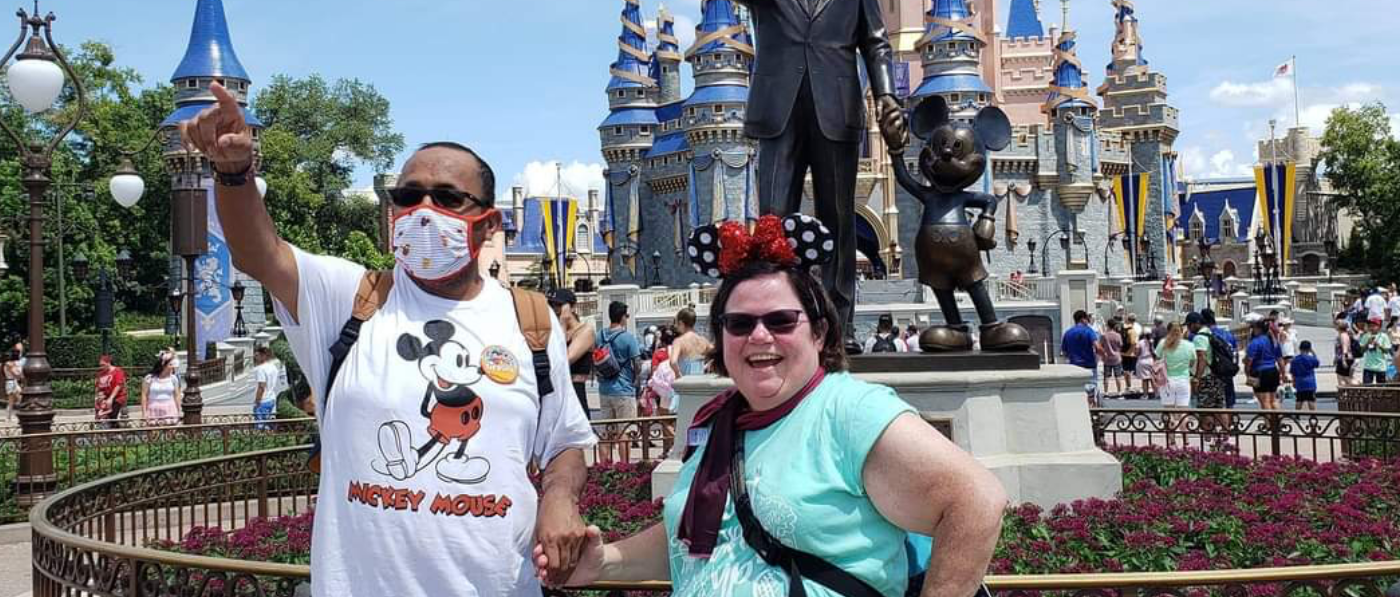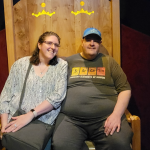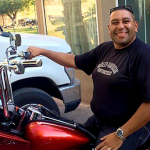Gratitude for Giving
What it Means to Be – and Have – a Care Partner
Being cared for. Taking care. A kind and caring person. These expressions bring to mind the people who are there when times are tough. Those who comfort, encourage, and help bear the burdens that come with illness, tragedy, or a really hard day. For people on home hemodialysis (HHD), often that person is a care partner.
Care partners can be significant others, friends, neighbors, or family members who, along with a patient, learn all about how to safely administer HHD. At home, they may help with treatment preparation, HHD machine set-up, alarms, and emergencies, or just keep patients company during therapy. But care partners are also much more than trained assistants. They can be shoulders to lean on, hands that hold, ears that listen, and voices that sympathize, advocate, inspire, and celebrate. As we approach a season of gratitude, patients and care partners talk about what it means to receive and give the support needed for HHD success.
I had given up on traveling, but Joyce was stubborn and made plans for us — first when I was an in-center patient and later when I switched to more frequent HHD. Traveling has helped my art career because we can attend comic conventions where I meet other artists and fans. Most recently, we vacationed at Disney World — something I never ever dreamed would happen.
I get to play an active role in Ivan’s healthcare. Instead of being a passive partner, I’m part of a dedicated support team, and I help him accomplish positive outcomes. Also, we get to spend more time together. Dialysis helps us slow down, go over our day, and plan ahead. We look at therapy time as a 3-hour bubble of just us.
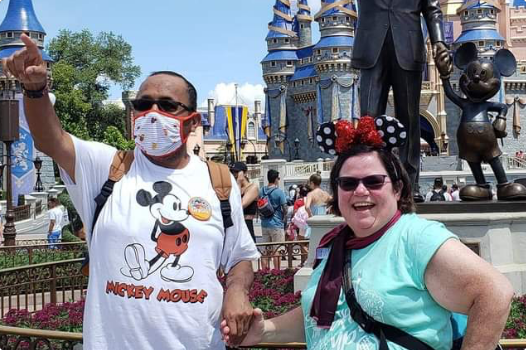
My younger brother is my care partner, and he has helped me in more ways than I could have ever imagined — helping set up my dialysis machine for me, providing rides to appointments, and picking up my weekly boba tea. I’m grateful and motivated to become a better and healthier version of myself everyday due to his support. With this growing sense of motivation and positivity, I see myself getting closer to my goals of going back to school, filming home cooking videos, and much more.
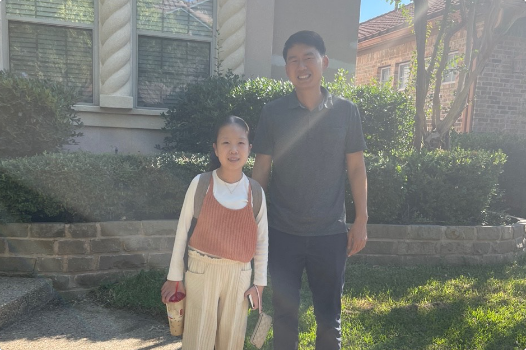
When I married Brenda (Bernie’s wife and a more frequent HHD patient), I committed to for better or for worse, in sickness and in health. Being a care partner means caring for one another throughout life, no matter the circumstances. Not just caring for someone on dialysis, but caring physically, mentally, and spiritually. It’s being able to shop together, play together, pray together, go to church together, and enjoy life together.
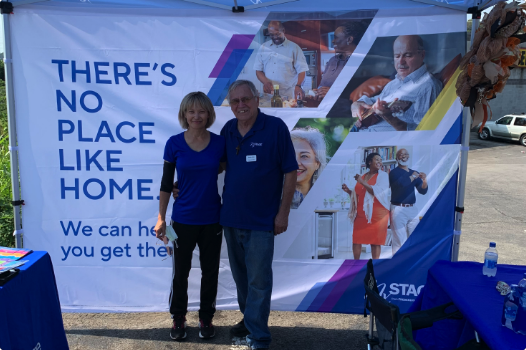
My Andria donated one of her kidneys to me in 2001. Unfortunately, my disease shut it down and I went back on dialysis. We started doing HHD that same year, and Andria played a big role. Since, I’ve learned to do most of the work on my own, but without her by my side I’m not sure if I would have made it to my 20th year of dialysis.
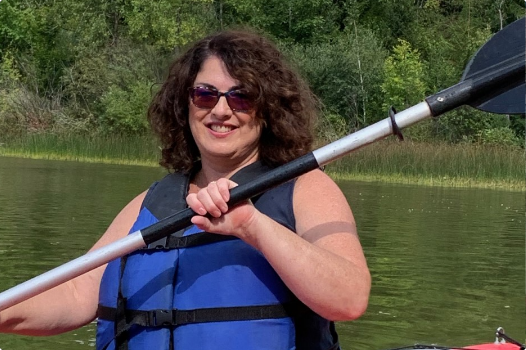
My wife Alanna and daughter Lauren were my care partners, and they have been a true blessing to me. While I was training for more frequent HHD, there was a lot to learn. On Alanna’s days off she and Lauren came to training and learned with me. Their support made adjusting to dialysis easier. I got the treatment I needed, and they kept me motivated. I love and appreciate them because they took time out of their lives and, together, we made the best of it. They were at the hospital with me on the day I got my transplant!
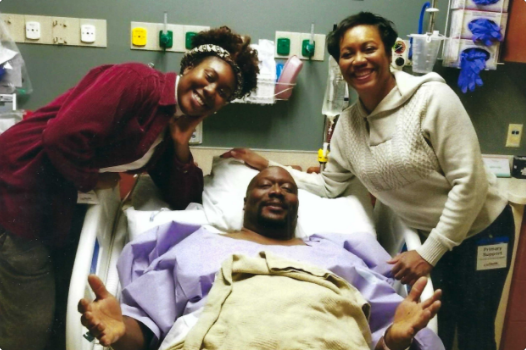
My care partner is my wife Cathy, my best friend for 53 years. She is a key to my success with nocturnal HHD, which I’ve been on for 5 years. She’s always at the ready for me!
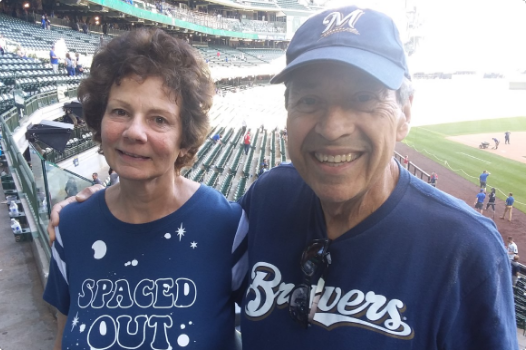
The best part of being a care partner is having my husband Jimmie as a partner. I love seeing him have the energy to help with the day-to-day activities like cleaning house, grocery shopping, online schooling the grandkids, and even dancing the night away at our son’s wedding reception. Being a care partner means being a team. If someone is contemplating becoming a care partner, I would tell them to encourage their partner to do as much for themselves as possible, support them when they’re struggling, and cheer them on when they are doing great!
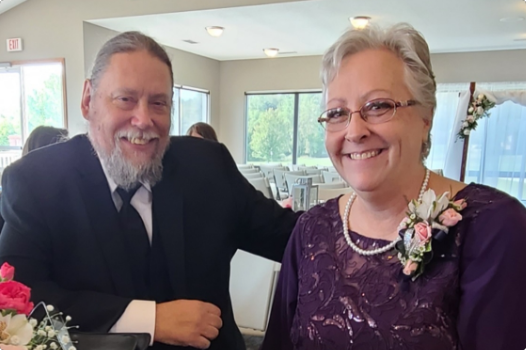
My wife (and care partner) Analyn and I had only been dating 3 months when my kidneys failed. On the drive home from the hospital, I told her I didn’t expect her to walk this difficult road with me. Without hesitation she responded, “I think you’re a good man, and I’m not going to leave.” We were married less than a year later. Analyn gives me many reasons to live — reasons to not only survive on dialysis, but to thrive. She has been my care partner for 9 years and my biggest advocate since my kidneys failed. Anyone considering being a care partner should be commended. To give someone your time so that they can have a more fulfilling life is such a blessing.
Being Raymond’s wife and his care partner is truly a blessing. We believe in living life to the fullest, so when we heard hemodialysis at home was an option, we were very intrigued. Once we learned of the potential health benefits, flexible schedule, and ability to travel with the machine, there was absolutely no hesitation. By his third day on HHD, Raymond had a lot more energy, and we knew we had made the right decision. I’m grateful for the flexibility to work dialysis around our schedules, which means more quality time as a family, both at home and on the road in our RV. We’re looking forward to more adventures.
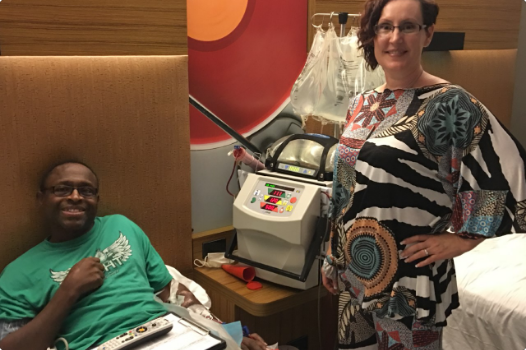
Not all patients may experience these benefits.

